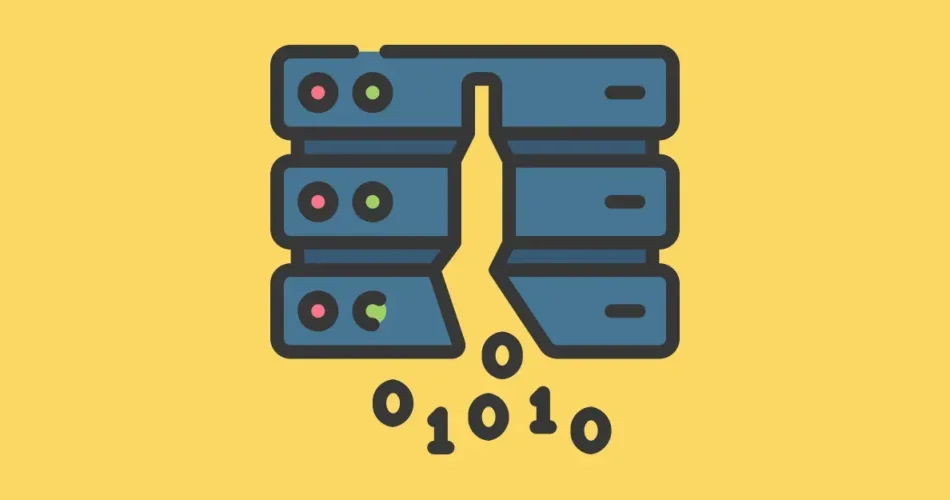Memory management is a critical aspect of programming, especially in languages like C++ that offer direct control over memory allocation and deallocation. While C++ provides developers with the flexibility to manage memory efficiently, it also demands responsible memory management to avoid potential issues like memory leaks. Memory leaks occur when memory that is no longer needed is not properly deallocated, leading to a gradual reduction of available memory and, ultimately, program instability. In this comprehensive blog post, we will delve into the world of memory leaks in C++, their causes, detection, prevention, and best practices to ensure optimal memory management. Whether you are a novice or an experienced C++ developer, this guide will equip you with the knowledge and tools to detect, prevent, and eliminate memory leaks in your C++ applications.
Understanding Memory Leaks
Memory leaks are a common problem in C++ applications that arise when dynamically allocated memory is not correctly deallocated after its purpose is fulfilled. This may occur due to programming errors, such as forgetting to release memory with the delete or delete[] operators, leading to unreleased memory chunks and, consequently, memory depletion over time.
Detecting Memory Leaks:
Detecting memory leaks in C++ can be challenging, as they often do not cause immediate crashes or visible issues. However, several tools and techniques can aid in memory leak detection:
- Manual Inspection: Reviewing the codebase and identifying potential memory leak points by inspecting the memory allocation and deallocation patterns.
- Memory Profilers: Using memory profiler tools that analyze memory usage during program execution and identify memory leaks.
- Valgrind: A widely used open-source tool that detects memory leaks and provides detailed reports.
Common Causes of Memory Leaks:
Memory leaks can occur due to various reasons, including:
- Forgetting to deallocate dynamically allocated memory with
newandnew[]. - Overwriting pointers without releasing the previously allocated memory.
- Unhandled exceptions that prevent proper memory cleanup.
- Circular references in data structures that prevent objects from being deallocated.
Prevention Techniques
Preventing memory leaks in C++ requires adherence to best practices and adopting good coding habits:
- Use Smart Pointers: Utilize smart pointers, such as
std::unique_ptrandstd::shared_ptr, to automate memory management and avoid manual deallocation errors.
Example: Using std::unique_ptr to prevent memory leaks
#include <memory>
void functionWithSmartPtr() {
std::unique_ptr<int> num = std::make_unique<int>(42);
// Automatically released when out of scope
}
int main() {
functionWithSmartPtr();
return 0;
}
- Clear Memory in Exception Handling: Handle exceptions gracefully and ensure memory cleanup even in exceptional scenarios.
Ex: Proper memory cleanup in exception handling
void functionWithExceptionHandling() {
int* num = new int(42);
try {
// Code that might throw exceptions
}
catch (...) {
delete num; // Ensure memory cleanup in case of exceptions
throw; // Re-throw the exception for higher-level handling
}
delete num; // Memory is released if no exceptions occur
}
- Use Containers with Automatic Memory Management: Prefer using standard C++ containers like
std::vectorandstd::string, which handle memory management automatically, over manually managing dynamic arrays and character arrays. - Avoid Global Variables: Minimize the use of global variables as they can lead to memory leaks when not properly managed.
- Release Resources in Destructor: For classes managing resources, ensure proper resource release in the class destructor.
Example: Releasing resources in a class destructor
class MyClass {
public:
MyClass() {
data = new int[100];
}
~MyClass() {
delete[] data; // Release allocated memory in the destructor
}
private:
int* data;
};
Best Practices for Memory Management:
To maintain a memory-leak-free codebase, adopt these best practices:
- Follow the Rule of Three (Rule of Five in C++11 and above): When implementing custom copy constructors, copy assignment operators, or destructors, adhere to the Rule of Three (Rule of Five) to manage dynamically allocated memory correctly.
- Test and Review Code: Thoroughly test and review your code to identify memory leak points and potential issues before deployment.
- Use RAII: As discussed earlier, leverage the RAII (Resource Acquisition Is Initialization) idiom and smart pointers for automatic resource management.
Conclusion
Memory leaks in C++ can lead to gradual memory exhaustion and program instability, impacting application performance and user experience. Detecting, preventing, and eliminating memory leaks is crucial for developing robust, efficient, and reliable C++ applications. By adopting best practices, utilizing smart pointers, and implementing proper exception handling, you can ensure optimal memory management and safeguard your applications from memory-related issues.
As you continue your journey as a C++ developer, mastering memory management will empower you to write efficient, memory-safe code that stands the test of time.
Subscribe to our email newsletter to get the latest posts delivered right to your email.


Comments